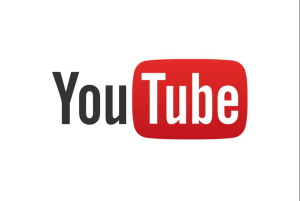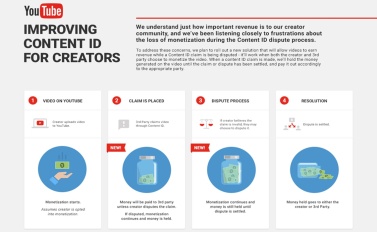 For the last three months, the music industry has been fighting — or at least negotiating in public — with YouTube. Now, artists are adding their voices.
For the last three months, the music industry has been fighting — or at least negotiating in public — with YouTube. Now, artists are adding their voices.
In an ad that will run Tuesday through Thursday in the Washington DC magazines Politico, The Hill, and Roll Call, 180 performers and songwriters are calling for reform of the Digital Millennium Copyright Act, which regulates copyright online. A range of big names from every genre signed the ad — from Taylor Swift to Sir Paul McCartney, Vince Gill to Vince Staples, Carole King to the Kings of Leon — as did 19 organizations and companies, including the major labels.
Source: Taylor Swift, Paul McCartney Petition Digital Copyright Reform | Billboard


 ce the demise of the long-running-but-never-launched Global Repertoire Database (GRD) there has been a lot of debate over what comes next for digital rights reporting. The songwriter class action suits in the US against Spotify are the natural outcome of more than one and a half decades of failing to deal with the forsaken mess that is compositional rights in the digital era.
ce the demise of the long-running-but-never-launched Global Repertoire Database (GRD) there has been a lot of debate over what comes next for digital rights reporting. The songwriter class action suits in the US against Spotify are the natural outcome of more than one and a half decades of failing to deal with the forsaken mess that is compositional rights in the digital era.

